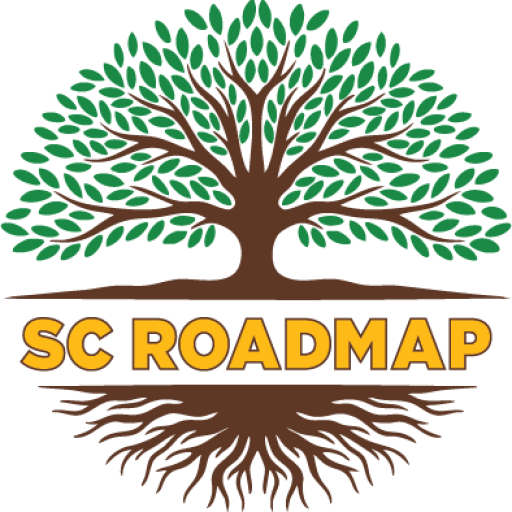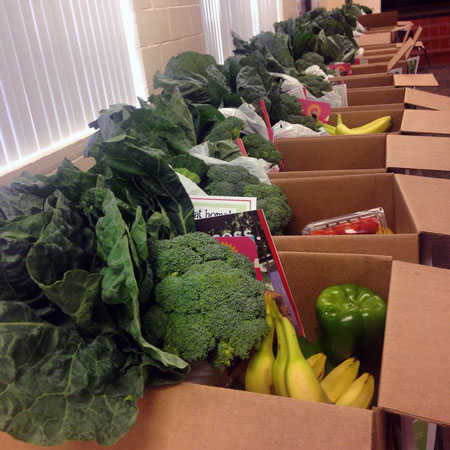What: Food is Medicine SC is a committee under the South Carolina Food Policy Council umbrella. The committee seeks to improve the coordination among organizations working to advance healthy food access within health care settings as well as to both identify and facilitate the adoption of state-level Food is Medicine policy and system changes.
Where: Food is Medicine SC seeks to make change across the state of South Carolina.
When: The South Carolina Food Policy Council first began as a steering committee in 2005. Food is Medicine SC was launched as a committee in 2021.
Why: With the growing understanding of the enormous impact nutrition has on health outcomes, and the levels of food insecurity within South Carolina, using the healthcare system as a point of access to reach vulnerable individuals became a clear connection point ripe for utilization. Food is Medicine SC seeks to make this connection through screenings, referrals, and creating access to healthy food for people in need.
Who: Food is Medicine SC seeks to help all South Carolinians in need, with pregnant women, those dealing with chronic disease, and rural communities cut off from easy access to primary health care and healthy food identified as particularly vulnerable populations.
How: The Food is Medicine South Carolina committee is one of the six committees of the South Carolina Food Policy Council. There are almost a hundred members statewide who participate in the committee and its four subcommittees (Food Insecurity Screenings and Referrals, Food is Medicine SC map, Nutrition Education for Health Professionals, and Research and Evaluation) and one community of practice (Produce Prescription Community of Practice).
Membership is free to join the South Carolina Food Policy Council and any of its committees, including Food is Medicine SC, and more information is available online at www.scfoodpolicy.org/become-member.
ProTips: At inception, Food is Medicine SC sought expert help from Harvard University’s Center for Health Law and Policy Innovation, or CHLPI. CHLPI’s Food is Medicine Initiative “promotes access to healthy food as an essential component of holistic health care that should be considered a reimbursable, core medical service and advances key legal and policy levers that help to increase access to healthy foods.” Massachusetts is a standard-bearer of these policies, and Food is Medicine SC studied what has worked in that state, while taking advantage of all the good advice they could get from CHLPI. That advice informed the structure of their committee and their effort. It always pays to investigate what has come before and avoid reinventing the wheel.
Meaningful Stats:
- There are almost 400 members of the South Carolina Food Policy Council and members represent different sectors including agriculture, anti-hunger, universities, government, public health, social justice, education, health care, and more.
- Close to 550,000 South Carolinians lacked consistent, dependable access to enough food for active, healthy living in 2020.
- Black communities experience food insecurity at higher rates than whites due to social, economic, and environmental challenges. In 2021, nearly 20% of Black individuals faced food insecurity, more than three times the rate of white households.

